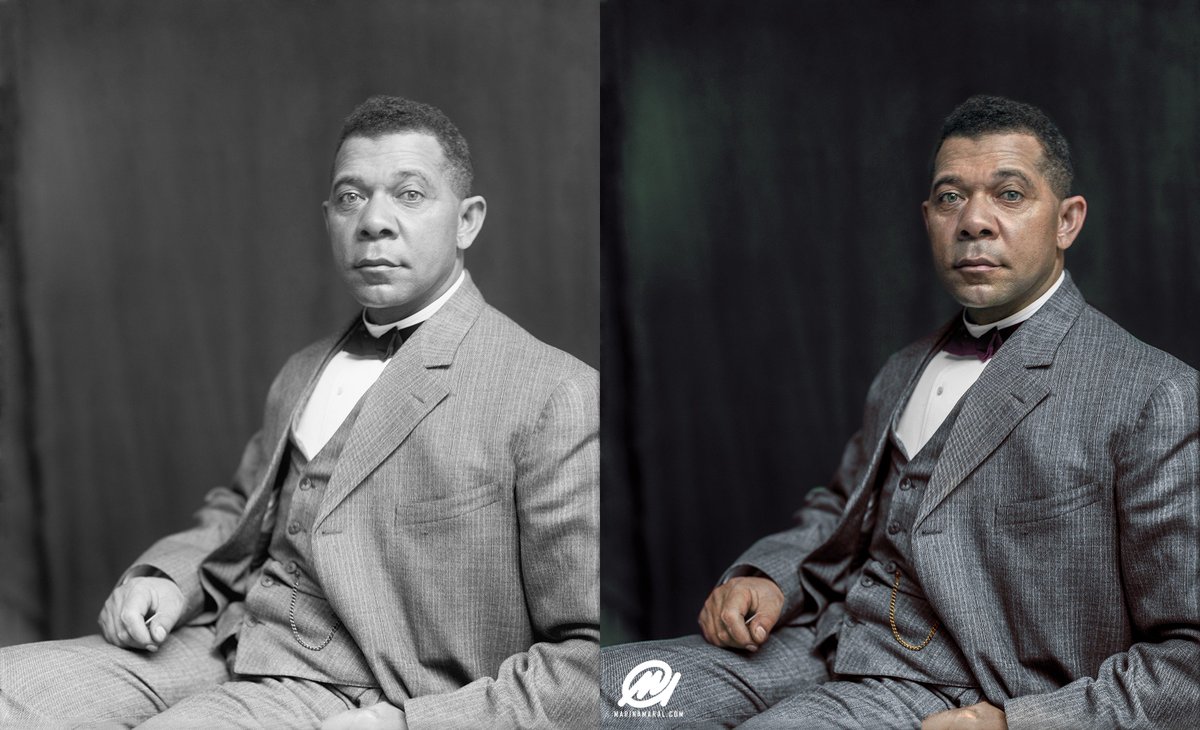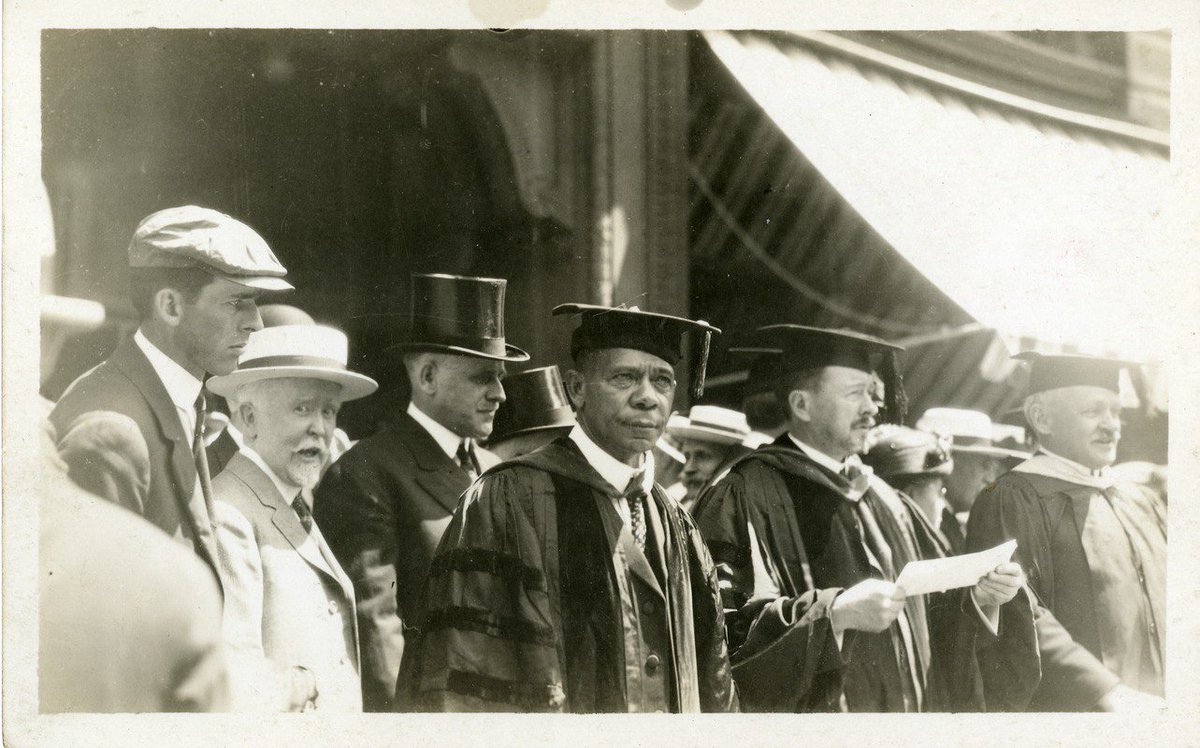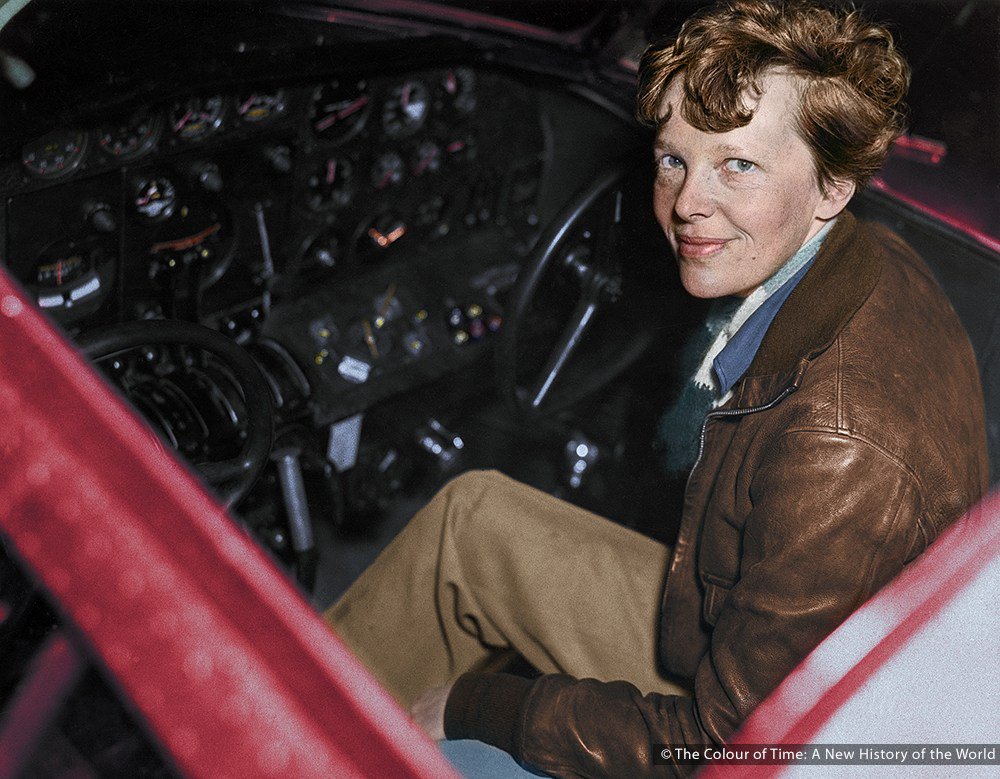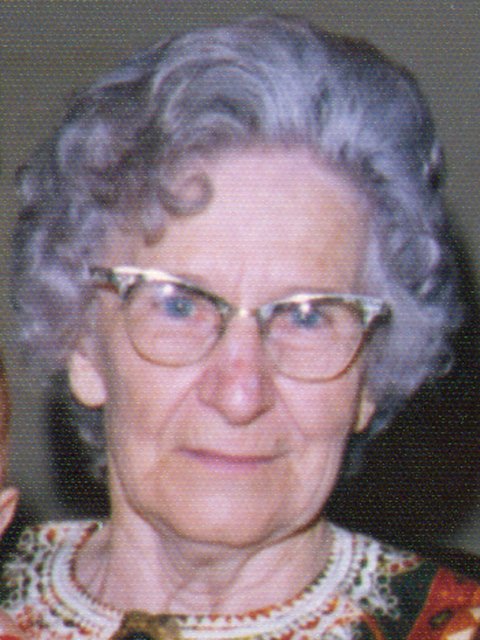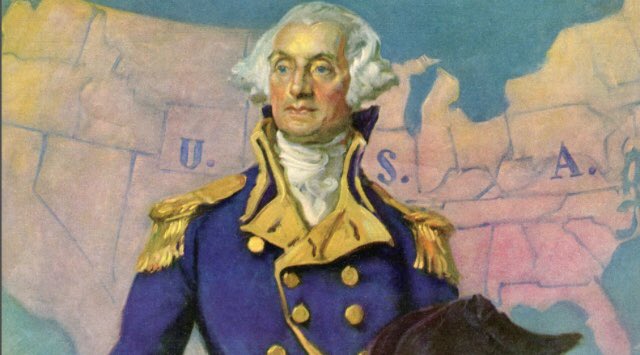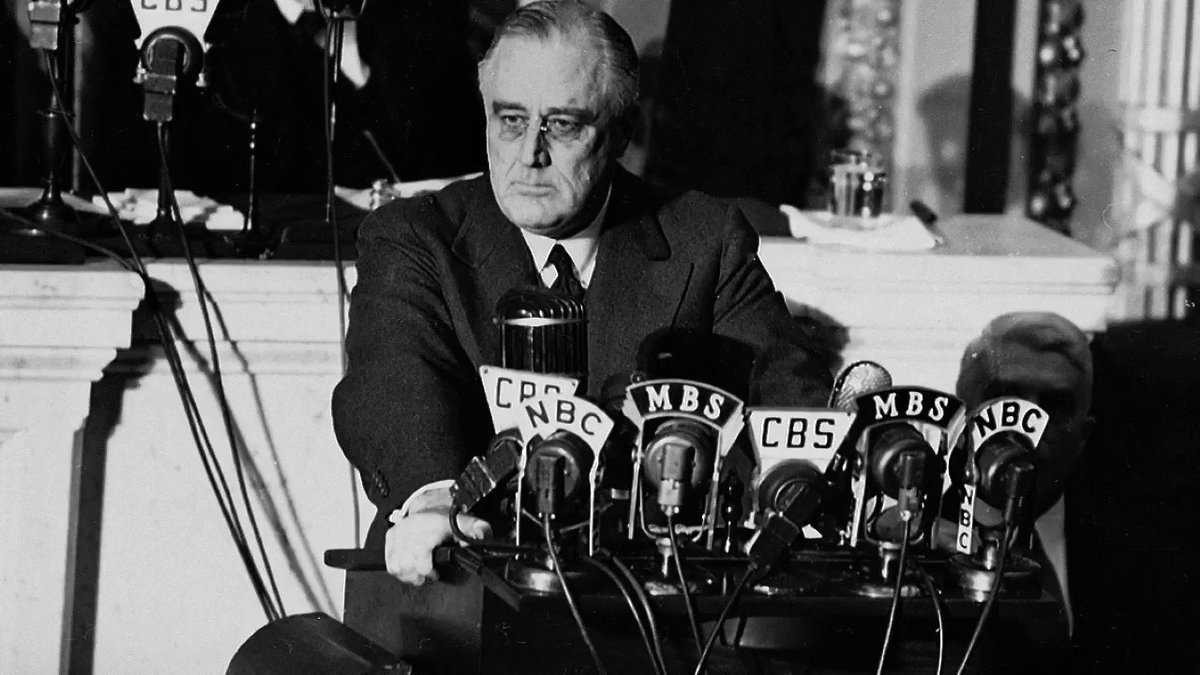He attained national prominence for his Atlanta Address of 1895, which attracted the attention of politicians and the public.
"I cannot recall a single instance during my childhood or early boyhood when our entire family sat down to the table together, and God's blessing was asked, and the family ate a meal in a civilized manner. [...]
Washington led the institution for the rest of his life, more than 30 years.
The schools which Washington supported were founded primarily to produce teachers, as education was critical for the black community following emancipation.
He boarded a train and arrived there shortly after midnight on November 14, 1915.

